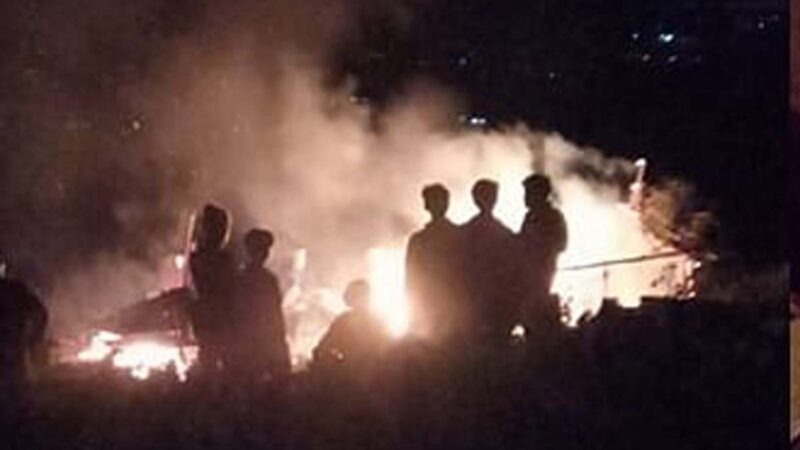How Ratan Thiyam brought Manipur onto the global stage

When he was a young boy, Ratan Thiyam, 72, dreamt of going to Cuba to become a revolutionary like Che Guevara. “I read his books and was inspired by his ideas and way of life,” he says. Thiyam’s rebellion expressed itself through theatre. For 45 years, his plays have challenged power — whether it was the colonial hangover that prevented India from finding pride in its ancient traditions after Independence or our inherited stereotypes about good and evil — by subverting them in form and content.
On February 21, more people than Kamani auditorium could hold gathered at the gate to watch Thiyam’s latest production, Lairembigee Eshei (The Song of the Nymphs). A small number could understand the language in which he works, Manipuri, but they were all sure the new play would live up to Thiyam’s reputation. Older members in the queue boasted of watching early shows of Thiyam’s spectacular tragedies, Karnabharam (1976) and Urubhangam (1981), in which Karna and Duryodhana, considered the antagonists in the epics, were upheld as heroes. When seen in the backdrop of Manipur, where security forces have been engaged with insurgent groups fighting for self-determination, the plays become a powerful comment on rethinking our notions of heroes and villains. Both plays are based on texts by Bhasa, one of the earliest Sanskrit playwrights, who was fiercely anti-establishment.
The protagonists of Lairembigee Eshei are nature a





